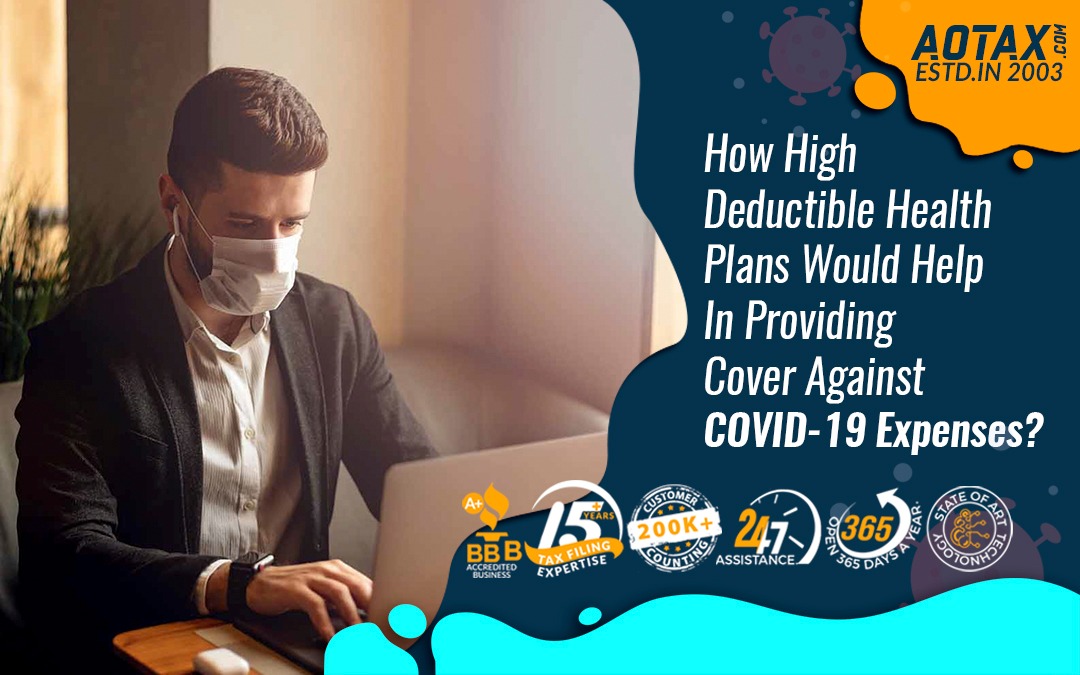
How high deductible health plans would help in providing cover against COVID-19 expenses?
How high deductible health plans would help
in providing cover against COVID-19 expenses?
Lately, people across the world have been struggling hard to combat the dreadful effects of the pandemic COVID-19. The number of deaths occurring due to coronavirus is on an increase and is also leading to an increase in the fright of the common people. Any symptoms of the COVID-19 and there have to be several tests, quarantining without any idea about what the future holds.Amidst all this chaos, the US Government has taken some very necessary steps to lessen the stress among common people. Extension in the tax return filing and tax payment deadlines, extension in the deadline for making contributions to IRA and HSA, Tax stimulus package, Families First Coronavirus Response Act, etc. are some of the major changes implemented by the US Government to bring some relief to the impacted taxpayers. Another major initiative taken by the US Government for helping the common people is the implementation of testing /treatment of COVID-19 by HDHP with no deductible or sharing of the cost.
What is a High Deductible Health Plan (HDHP)?

What is a High Deductible Health Plan (HDHP)?
A high deductible health plan (HDHP) is a type of health insurance plan which has a lower premium in a month and a higher deductible. HDHPs are more affordable by common people in terms of their monthly premiums. Since the name suggests, high deductible health plan; it implies that the deductible for the health plan is high than that of a traditional healthcare plan. However, by the time the policy holder reaches the annual deductible, he would be covered 100% for the rest part of the calendar year.
A high deductible health plan is suitable for those policyholders who are quite healthy and rarely visit the doctor. In these types of cases, HDHP is an excellent option to cut expenses and it is a better option rather than going without health insurance. However, it should be kept in mind that the policyholder must set aside a considerable amount of liquid savings which would help in covering the deductible and the out-of-pocket expenses.
How does a High Deductible Health Plan work?

How does a High Deductible Health Plan work?
The minimum deductible in an HDHP is $1350 for an individual whereas it is around $2700 for a family. The out-of-pocket expenses for an HDHP are limited to $6650 for an individual and $13300 for a family. To offset the cost of the HDHP it is necessary to open a Health Savings Account (HSA). The HSA offers a tax-advantaged method by which healthcare costs can be saved.
There is a limit on the annual contribution which can be made to the HSA; it helps in rolling over the balance from one year to another. It is ideal for a policyholder to contribute the amount of deductible of HDHP into the HSA so that there are enough funds to cover the medical expenses.
HDHPs and expenses associated with COVID-19

HDHPs and expenses associated with COVID-19
The US Government issued a notice i.e. Notice 2020-15 which states that a health plan which satisfies the requirements to be a high deductible health plan (HDHP) shall not fail to be an HDHP if it provides health benefits related to the testing of COVID-19 and its treatment. This testing and treatment of COVID-19 by the HDHP would be available without a deductible or with a deductible which is below the minimum deductible. So, the evident implication from this notice is that an individual who is covered under the HDHP will still be an eligible individual who might make tax-favored contributions to an HSA.
The Notice 2020-15 also states that all the medical care services received and the materials purchased for the testing of COVID-19 which are provided by a health plan which is either without a deductible or with a deductible that is below the minimum deductible needed for a health plan to be HDHP should be disregarded.
The relief provided by the Notice 2020-15
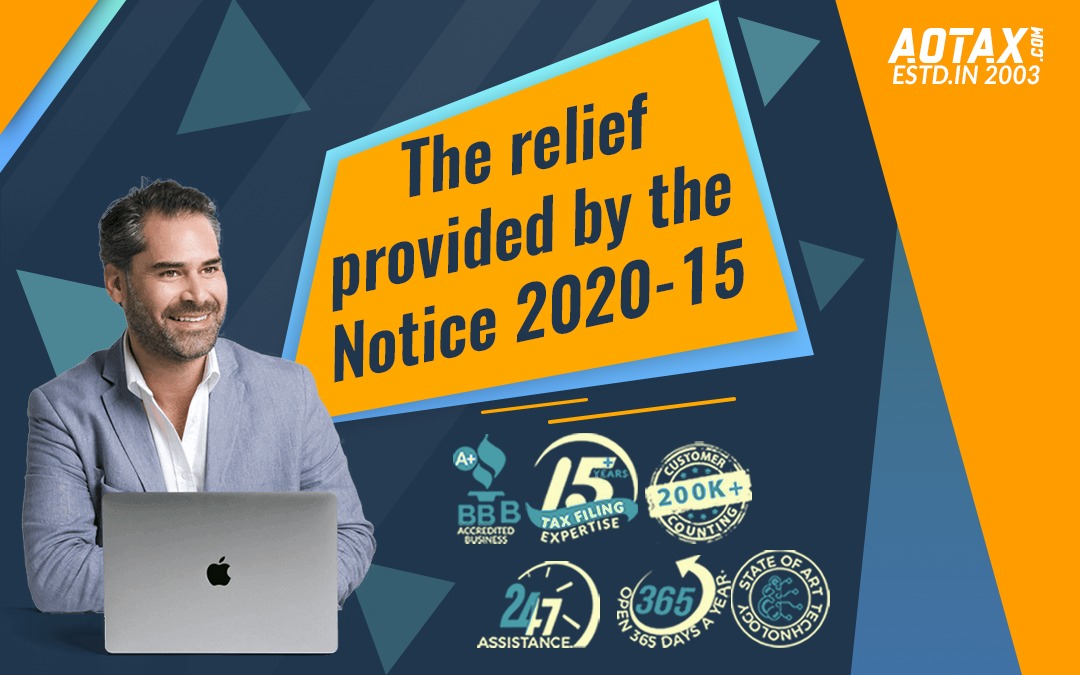
The relief provided by the Notice 2020-15
This notice does not modify any of the requirements or conditions which are needed for a health plan to be an HDHP other than the relief related to the testing/treatment of COVID-19. However, vaccinations would continue to be considered as preventive care materials for determining if a health plan is an HDHP or not.
So, if a policyholder is availing a health plan with no deductible or less deductible than the minimum annual deductible needed to be an HDHP for testing/treatment of COVID-19 he would still make contributions to the HSA which can help in tax relaxation.
Conclusion
Hence, this effort by the US Government for providing some relief to the affected citizens is commendable and would be helpful for the citizens in these times of distress.
References
- https://www.irs.gov/pub/irs-drop/n-20-15.pdf
- https://www.thebalance.com/what-is-high-deductible-health-insurance-2385898



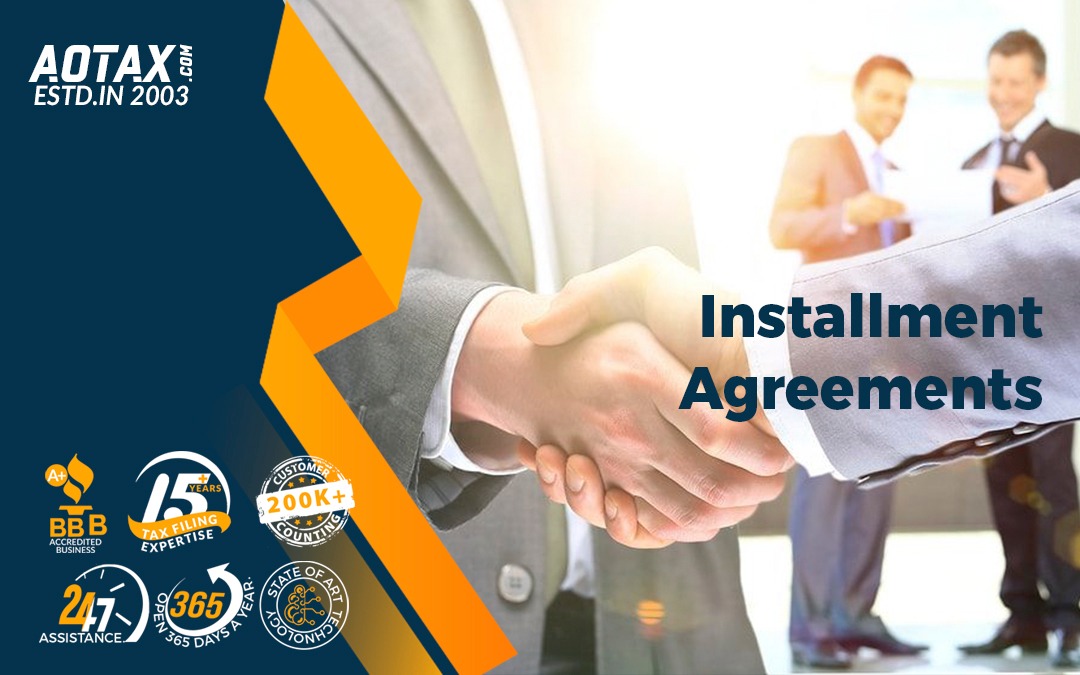



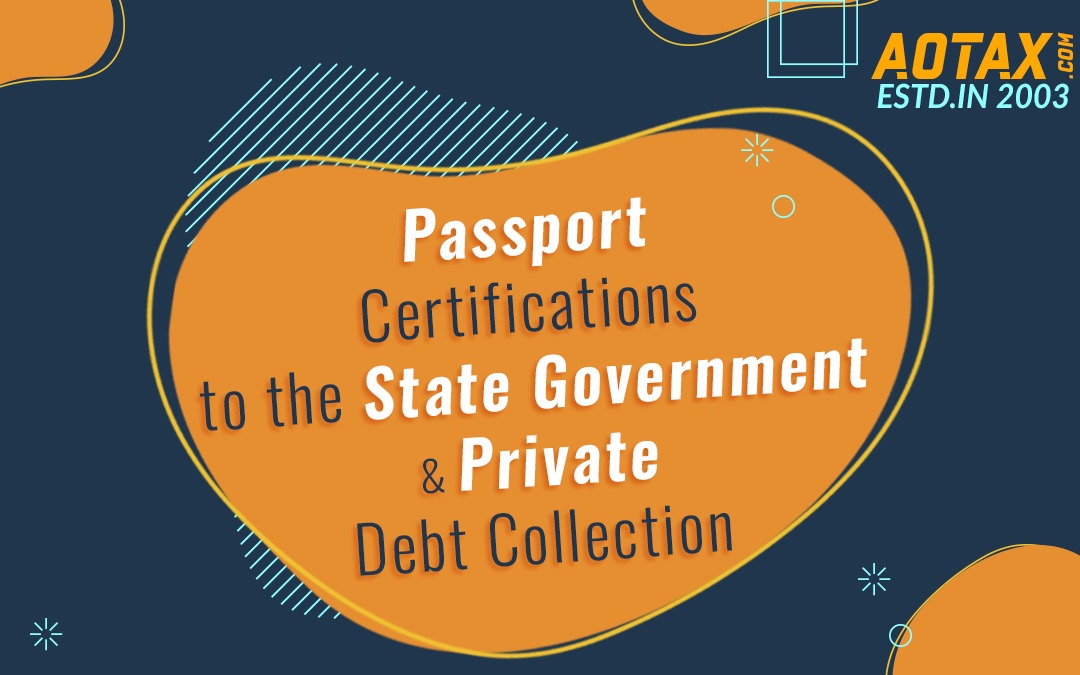


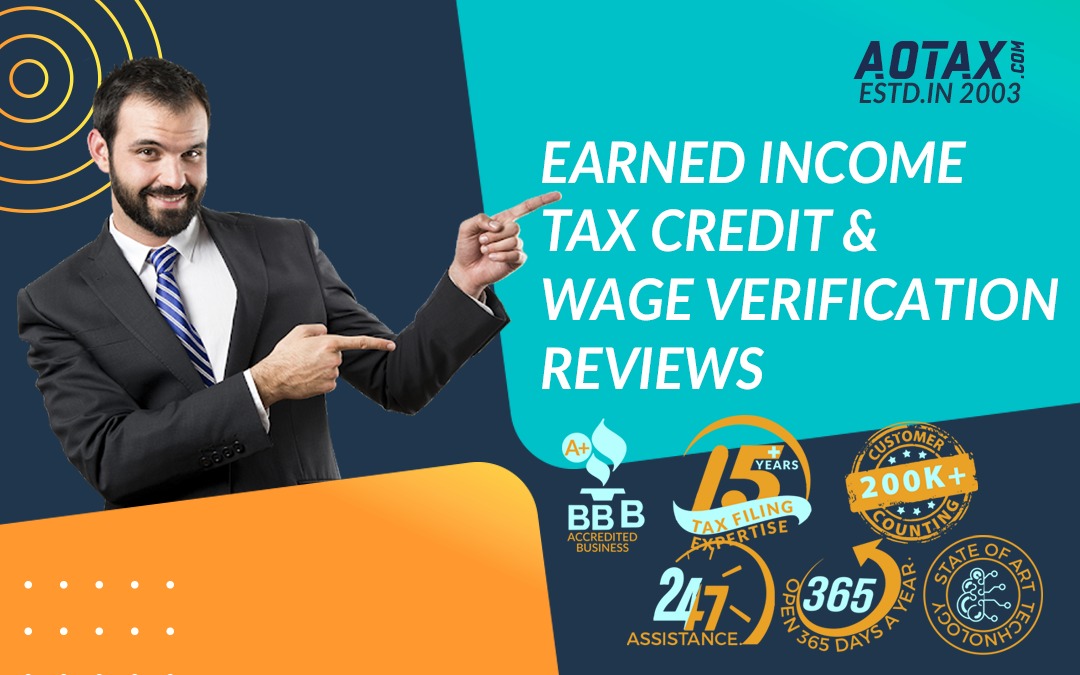

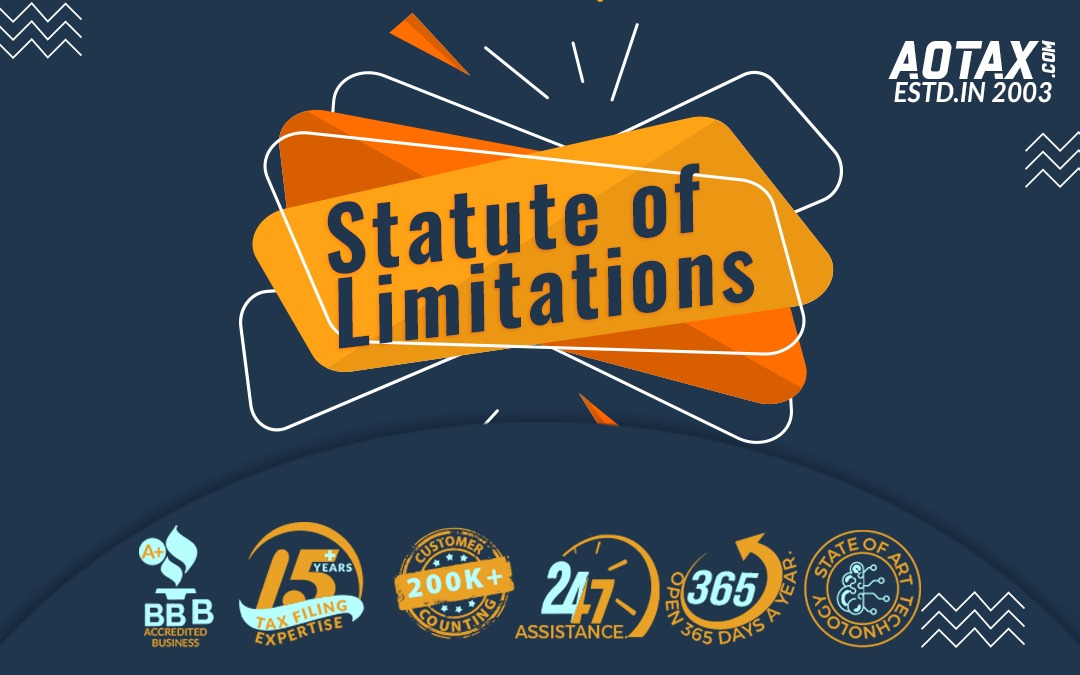
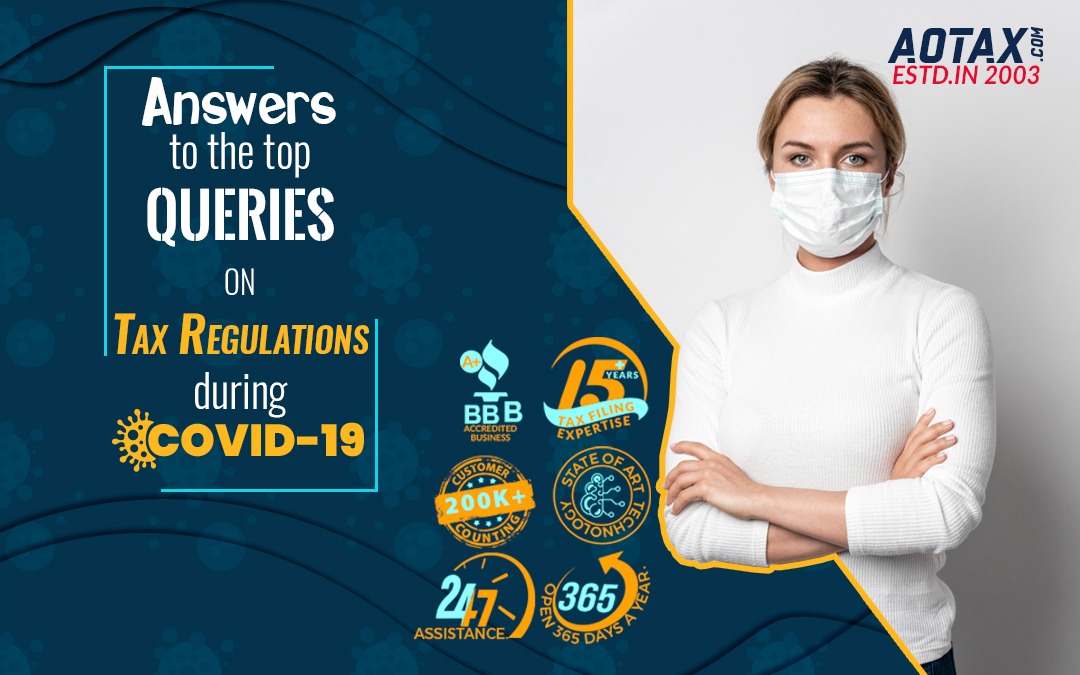

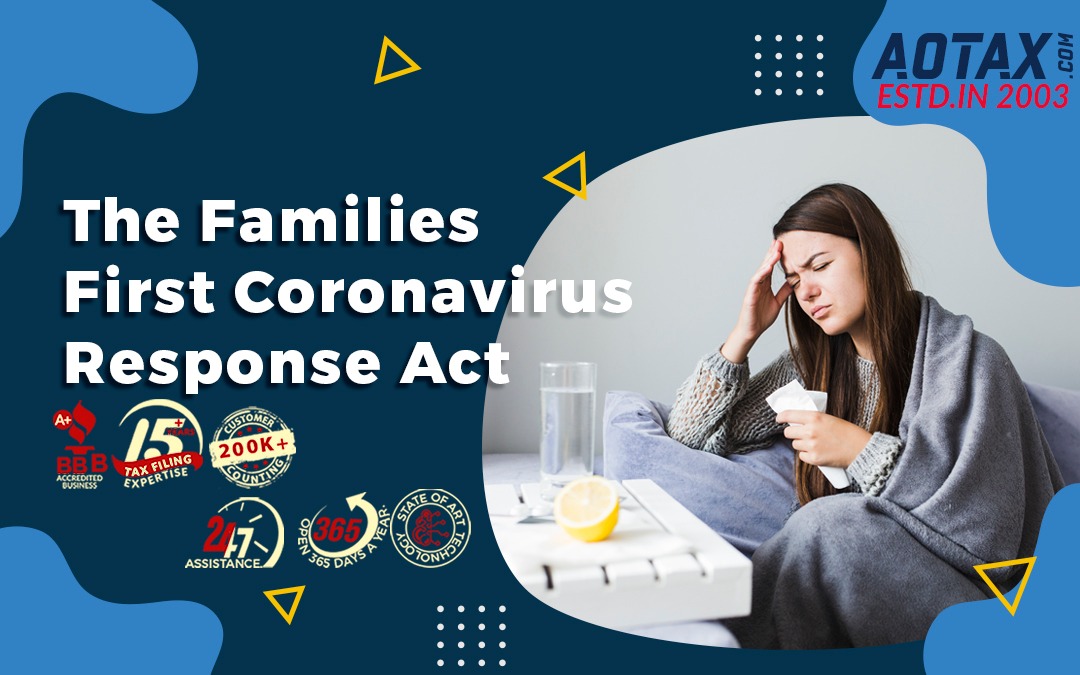

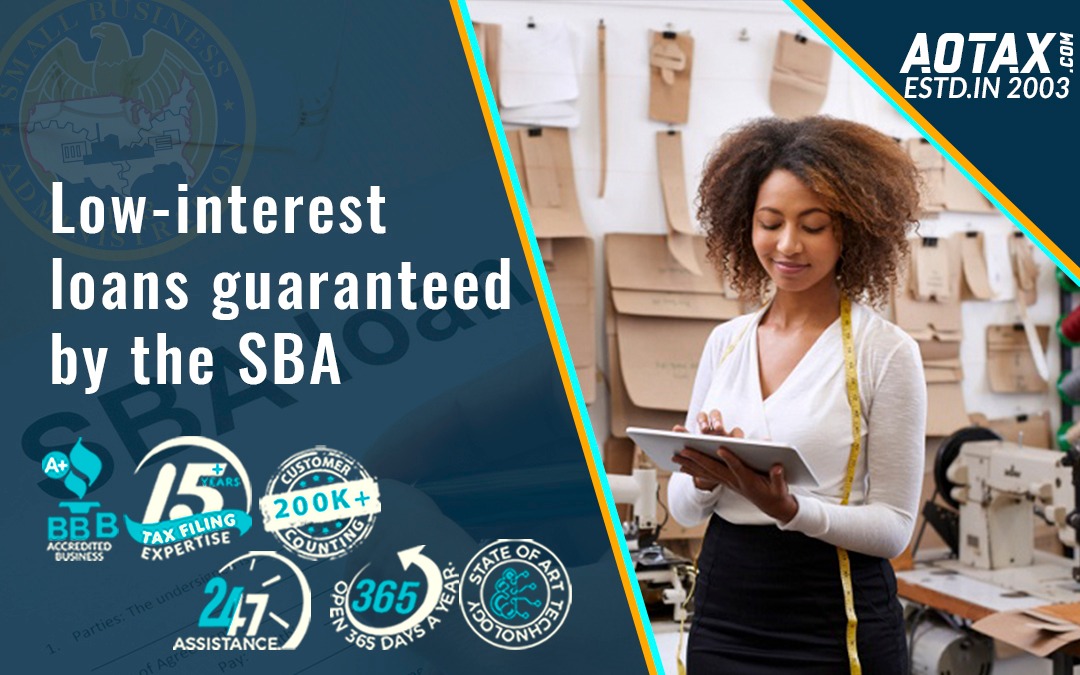


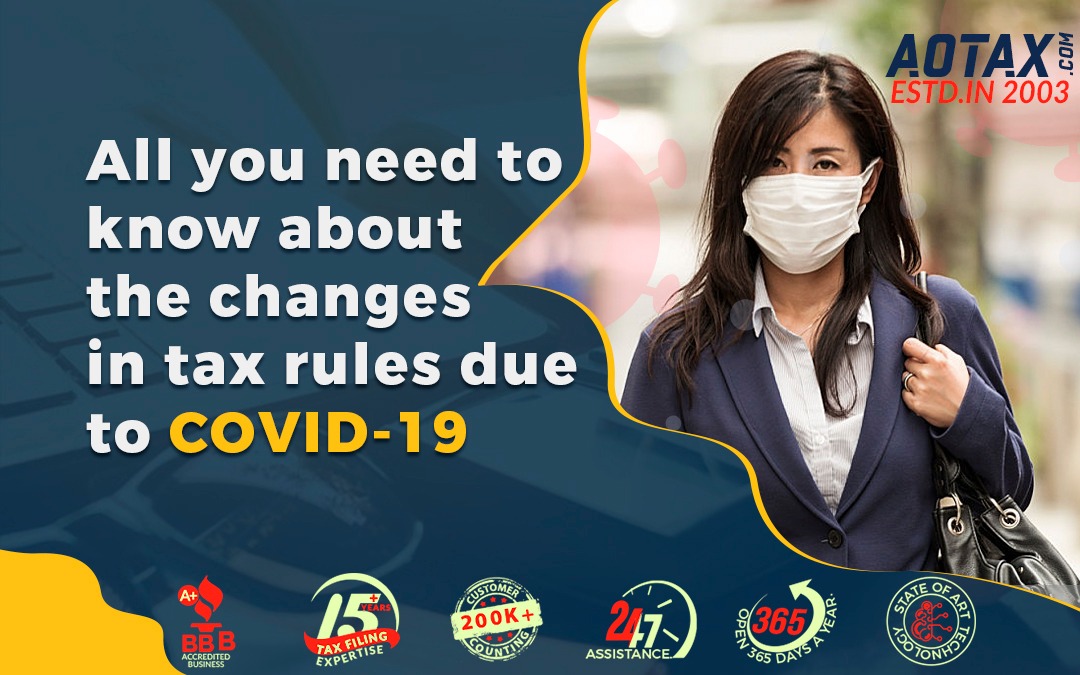
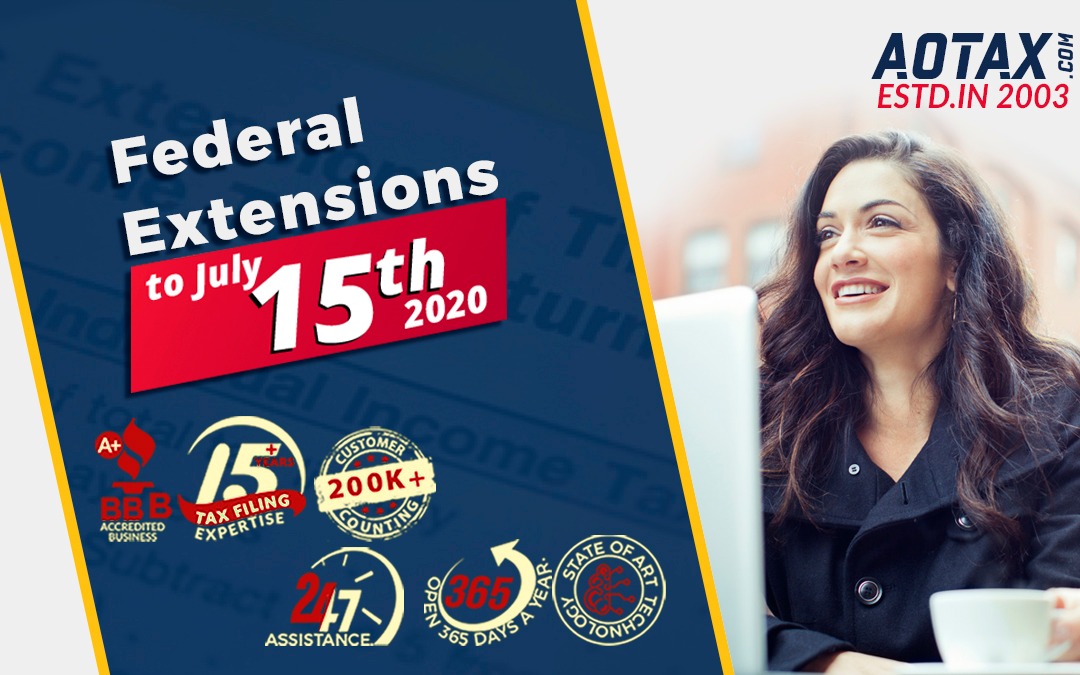

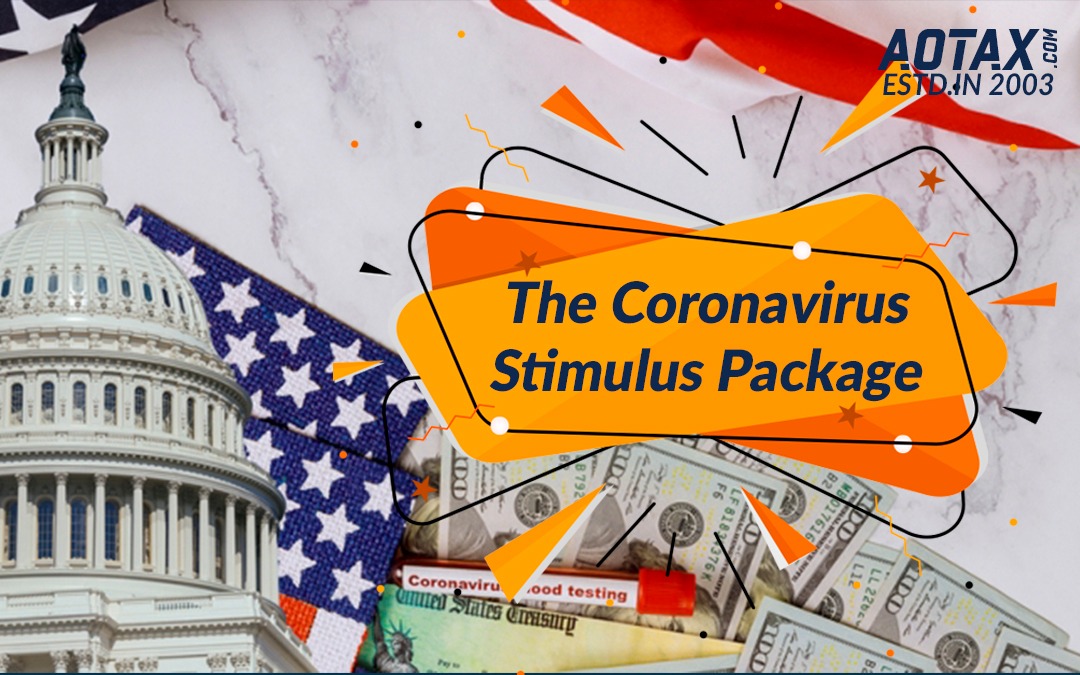
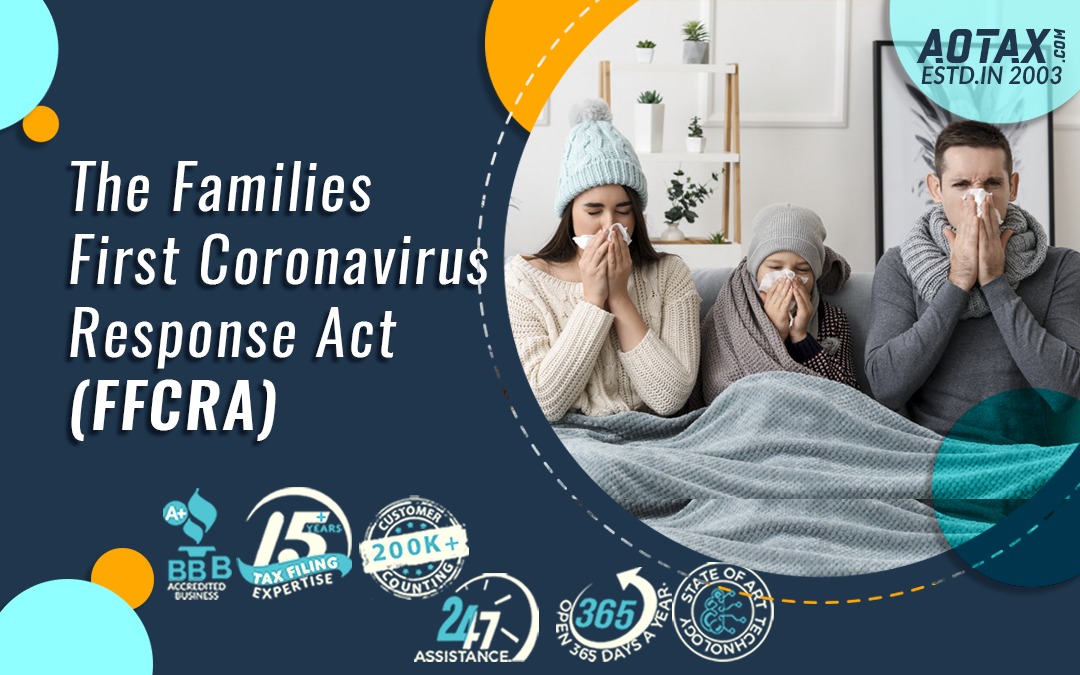
Recent Comments